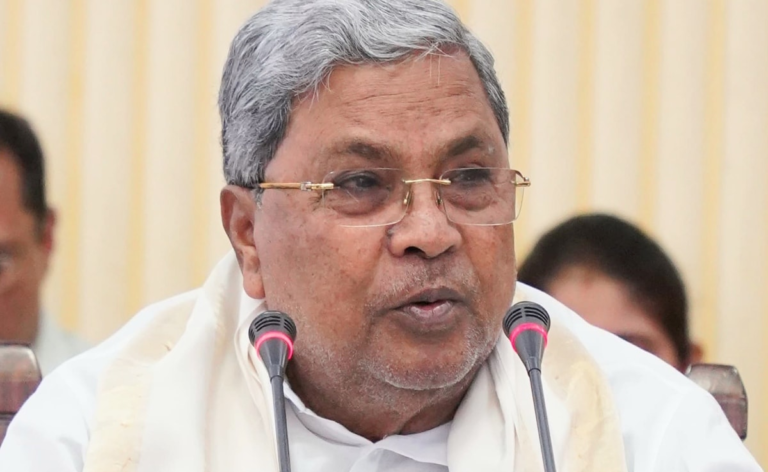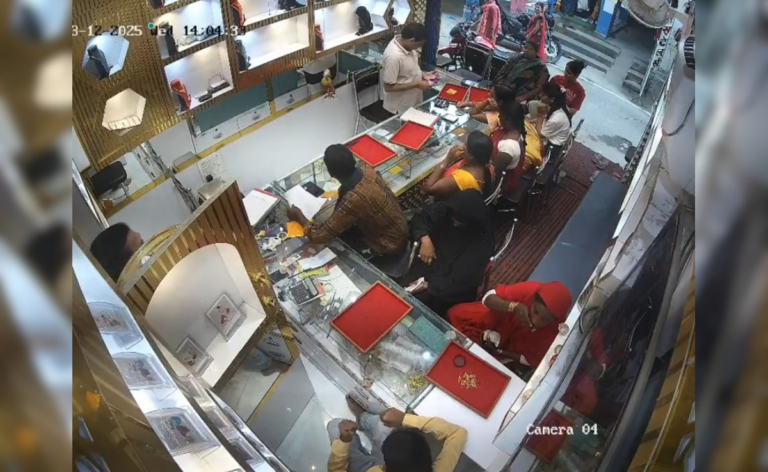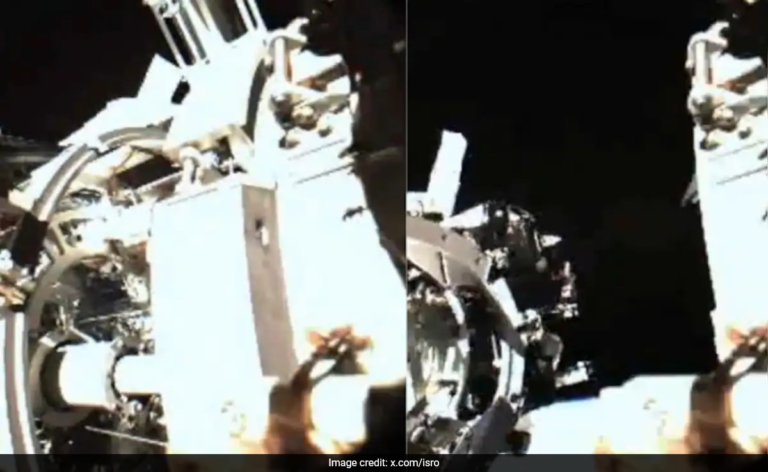

The requirement in new IT rules, WhatsApp said, was against users’ privacy. Representational
New Delhi:
WhatsApp won’t stay if it is made to break encryption of messages, the messaging service platform has told Delhi High Court in a case challenging the amended IT rules. WhatsApp and Facebook (now Meta) have challenged Rule 4(2) of the Information Technology (Intermediary Guidelines and Digital Media Ethics Code) Rules, 2021.
This rule lays down that a social media intermediary providing services primarily in the nature of messaging shall enable the identification of the first originator of the information on its computer resource, as may be required by a judicial order passed by a court or competent authority.
Advocate Tejas Karia, appearing for WhatsApp, said people use the platform because of the privacy assured by it and because messages on it are end-to-end encrypted.
“As a platform, we are saying, if we are told to break encryption, then WhatsApp goes,” Mr Karia told a Bench of Acting Chief Justice Manmohan and Justice Manmeet Pritam Singh Arora, a Bar and Bench report said.
The requirement, he said, was against users’ privacy and was introduced without consultation. Mr Karia said this rule will require WhatsApp to store millions of messages for years, a requirement that exists nowhere else in the world. “We will have to keep a complete chain and we don’t know which messages will be asked to be decrypted. It means millions and millions of messages will have to be stored for a number of years,” he said.
He stressed that the parent Information Technology Act does not provide for breaking of encryption. The bench then asked if such a law exists anywhere else in the world. “Have these matters been taken up anywhere in the world? You have never been asked to share the information anywhere in the world? Even in South America?” Mr Karia replied, “No, not even in Brazil.”
Earlier, the Centre told the court that WhatsApp and Facebook monetise users’ information for commercial purposes and are not legally entitled to claim that it protects privacy. The Centre also said regulators of various countries hold that Facebook should be made accountable.
The centre’s counsel Kirtiman Singh contended that people know the things that can happen on social media and the idea behind the rule is to trace the originator of the message. He said there has to be some mechanism to trace messages and underlined that WhatsApp has faced some difficult questions before the US Congress.
The Court called for a balance to be struck and adjourned the matter to August 14. It said these two matters will be heard with a batch of cases that were transferred to the High Court by the Supreme Court.
Opposing the petition by WhatsApp, the Ministry of Electronics and Information Technology has said WhatsApp has already violated fundamental rights of India’s users by denying them any dispute resolution rights in the country.
The ministry has told the court that if IT Rules 2021 are not implemented, law enforcement agencies will have difficulty in tracing the origin of fake messages and such messages will percolate in other platforms, thereby disturbing peace and harmony in the society.
Earlier, WhatsApp had said in a statement, “Requiring messaging apps to ‘trace’ chats is the equivalent of asking us to keep a fingerprint of every single message sent on WhatsApp, which would break end-to-end encryption and fundamentally undermines people’s right to privacy.”
The Centre framed the Information Technology (Intermediary Guidelines and Digital Media Ethics Code) Rules 2021 this February.





1 thought on “"If We're Told To Break Encryption, WhatsApp Goes": Platform's Big Warning”
Comments are closed.